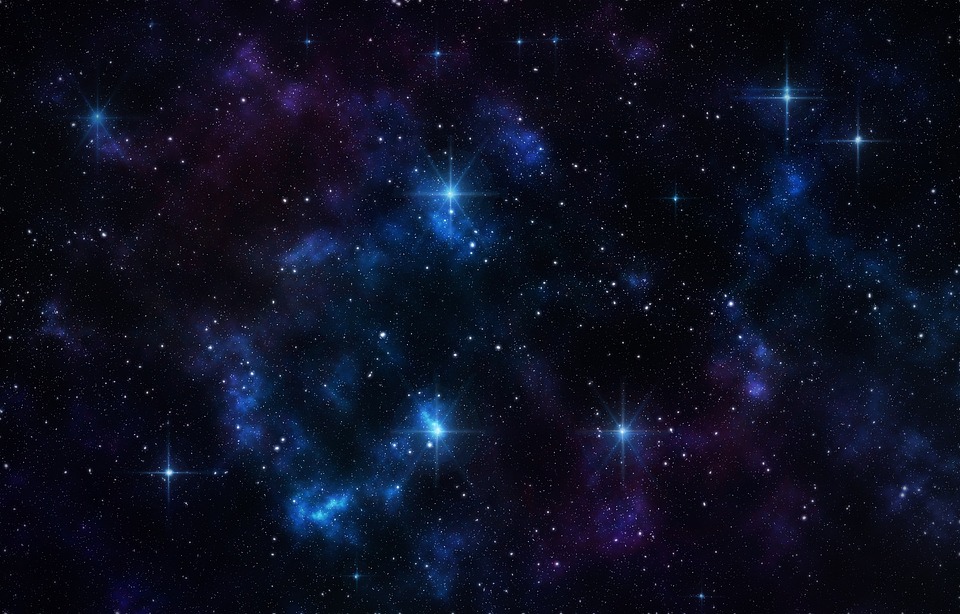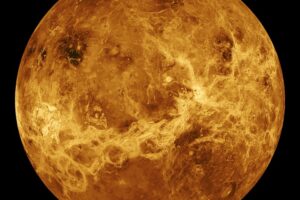In recent years, the field of cosmology has made significant strides in uncovering the secrets of the cosmos. Through innovative research and cutting-edge technology, scientists have made groundbreaking discoveries that have revolutionized our understanding of the universe.
One of the most exciting recent discoveries in cosmology is the detection of gravitational waves. Predicted by Albert Einstein in his theory of general relativity over a century ago, gravitational waves are ripples in the fabric of spacetime caused by the acceleration of massive objects, such as colliding black holes or neutron stars. In 2015, the Laser Interferometer Gravitational-Wave Observatory (LIGO) made the first direct detection of gravitational waves, confirming a key prediction of Einstein’s theory and opening up a new window into the study of the universe.
Another major development in cosmology is the discovery of dark matter and dark energy. While visible matter – the stars, planets, and galaxies that make up the universe – accounts for only a small fraction of the total mass-energy content of the cosmos, dark matter and dark energy make up the vast majority. Dark matter is a mysterious form of matter that does not emit, absorb, or reflect light, yet exerts a gravitational pull on visible matter, while dark energy is the even more enigmatic force driving the accelerated expansion of the universe. Understanding the nature of dark matter and dark energy is one of the biggest challenges facing cosmologists today.
Advances in observational astronomy have also shed light on the formation and evolution of galaxies and supermassive black holes. The Hubble Space Telescope and other telescopes have captured stunning images of galaxies in various stages of development, providing invaluable insights into the processes that shape the cosmic structures we see today. Additionally, the Event Horizon Telescope recently captured the first-ever image of a black hole, offering a glimpse into the extreme environments at the centers of galaxies.
As our knowledge of the universe continues to expand, so too do the questions and mysteries that remain unanswered. What lies beyond the observable universe? How did the universe begin, and what will its ultimate fate be? These are just a few of the profound questions that drive cosmologists to explore the furthest reaches of space and time.
In the quest to unveil the mysteries of the universe, scientists are pushing the boundaries of our understanding and challenging the limits of human knowledge. Through collaboration, innovation, and a relentless curiosity about the cosmos, we are on the brink of a new era of discovery in cosmology, where the secrets of the universe may finally be revealed.






























Add Comment